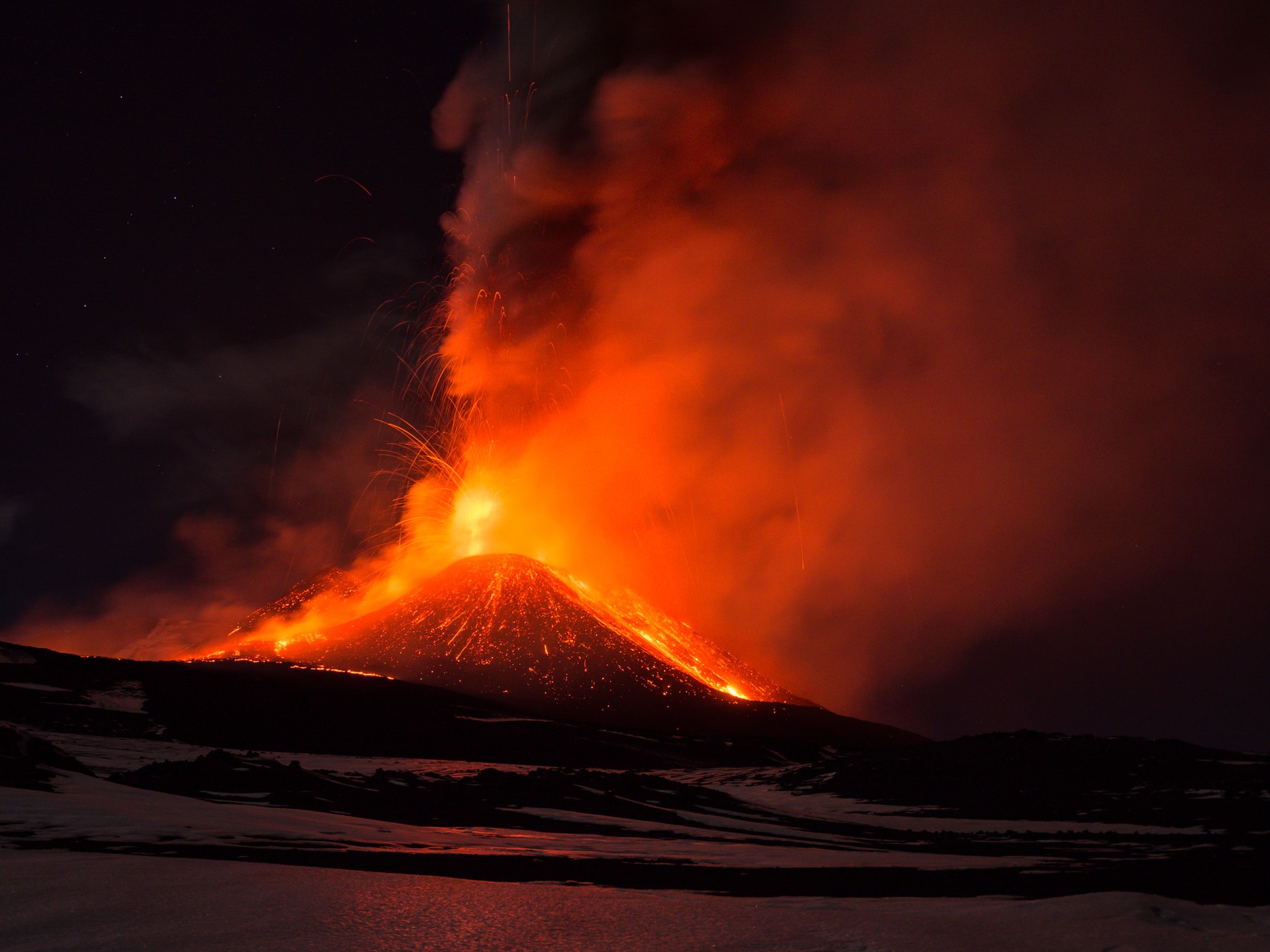Source: Wikimedia/National Design
May 10, 2024
Author: Matej Nesic
Opinions differ as to what could have passed the Earth at such a high speed.
Science cannot give clear answers to everything, especially when it comes to the universe. But what is certain is that the cigar-shaped orb called 'Oumuamua passed Earth in 2017 in a way that left a lot of questions behind.
His discovery is attributed to the US Space Agency, whose mission is to discover and monitor near-Earth objects in a timely manner. The name Oumuamua in the Native Hawaiian language means: pioneer. By analyzing the calculated path of the celestial body, it was proven that it did not originate in the solar system, and that it would emerge from there with a very strange movement, and then continue its journey to the infinity of the universe. What was really shocking was that it started accelerating after leaving our planet, so some speculate that we may have discovered a probe of some alien civilization.
Our solar system works in a predictable way. The orbital plane of the planets is almost the same, and the angle of arrival of celestial bodies from the outer edge approaches the vertical in surprisingly rare cases. On the other hand, 'Oumuamua, or as it was later simplified, the Black Knight, arrived at a higher speed than any comet and approached Earth at an almost perfectly perpendicular angle. Based on 'Oumuamua's path, researchers assumed that it came from the star Vega, and that its journey took hundreds of thousands of years. The only problem with this is that, thanks to the great distance, the star was located in a completely different place long before, so the exact nature of the gravitational ejection cannot be determined.
Source: Wikimedia/Nagual Design
The orbital path of 'Oumuamua
For the first time in history, it has been officially proven that a celestial body passed through our solar system without forming there. Astronomers have discovered many interesting things about the Black Knight, such as its cigar shape, which can be identified by the light it reflects. They discovered that it could be about 400 meters long and 40 meters wide, but this elongated object is not at all typical of comets or meteorites. They later came to the conclusion that an amorphous object hundreds of millions of years old could have evolved in this form due to continuous consumption.
The effects of gravity are constant, so it was quite surprising that instead of slowing down, the object began accelerating as it moved away from the solar system, since only spaceships are able to perform such a slingshot maneuver. UFO believers clearly recognized that it was the vehicle of an alien civilization, but scientists believe that the supposedly large amount of nitrogen in the celestial body could be the cause of the acceleration. Nitrogen began to evaporate due to the thermal effect of our Sun, and this process is responsible for the strange behavior of the celestial body. Unfortunately, they were able to observe 'Oumuamua for a very short time, so many questions remained open, which may be answered in the future as technology develops.























![Tom Clancy's The Division Heartland: Gameplay Leaked! [VIDEO]](https://thegeek.hu/wp-content/uploads/sites/2/2023/04/thegeek-Tom-Clancys-The-Division-Heartland-1.jpg)



















